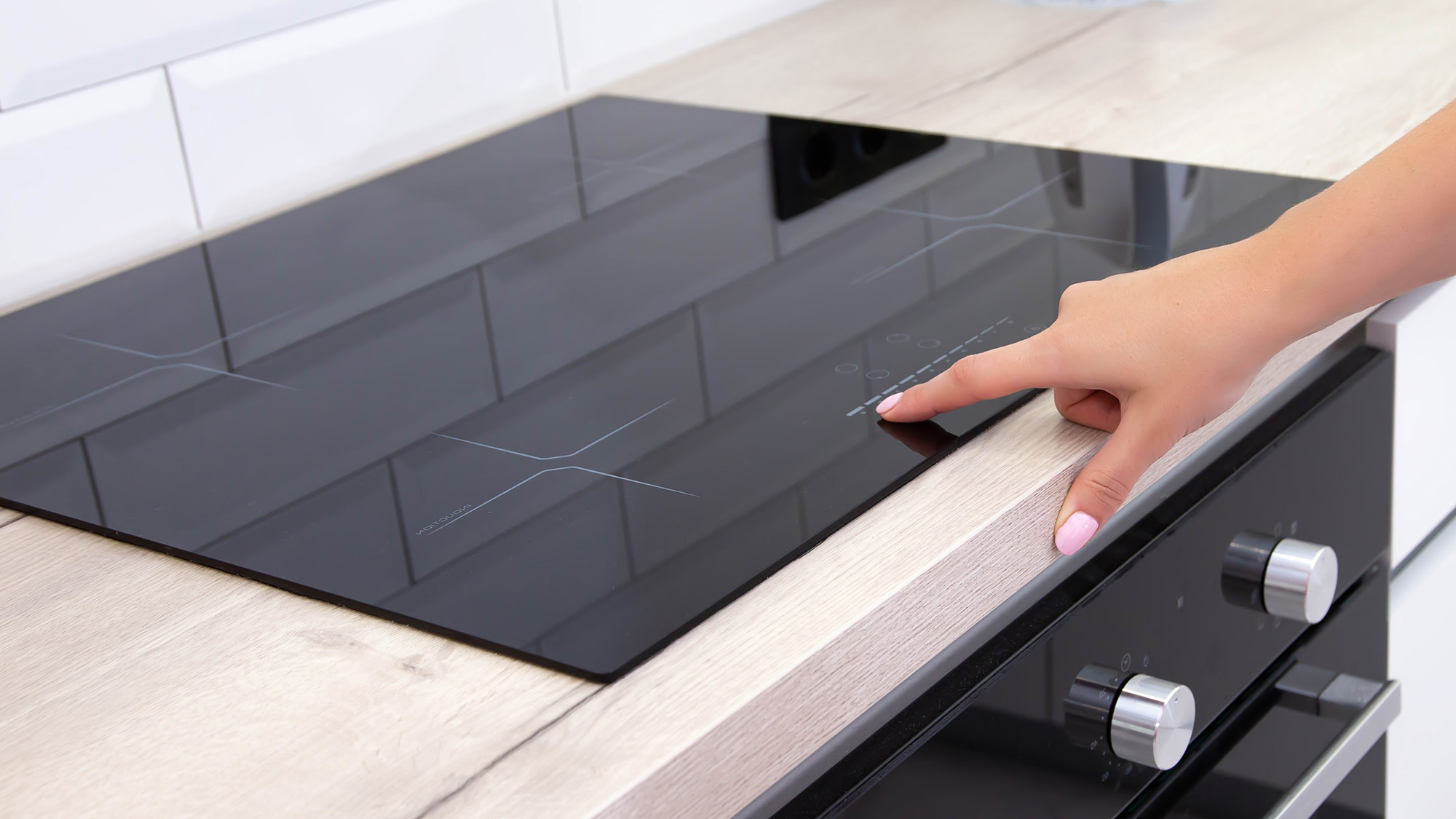Samsung's Galaxy Note 8: What It Needs to Win
Samsung's premium flagship is poised to take on the 10th anniversary iPhone. Does it stand a chance?
Next week, Samsung executives will take the stage at a press event in New York to unveil the next generation of the Korean company's supersize Note smartphone. This isn't gonna be just any old product launch; a lot is riding on this particular phone.
Samsung almost had a winner on its hands with the Note 7, a feature-packed phone that dazzled critics — until it turned into a literal garbage fire. Now, Samsung seeks to recapture the pre-recall magic with the Note 8.
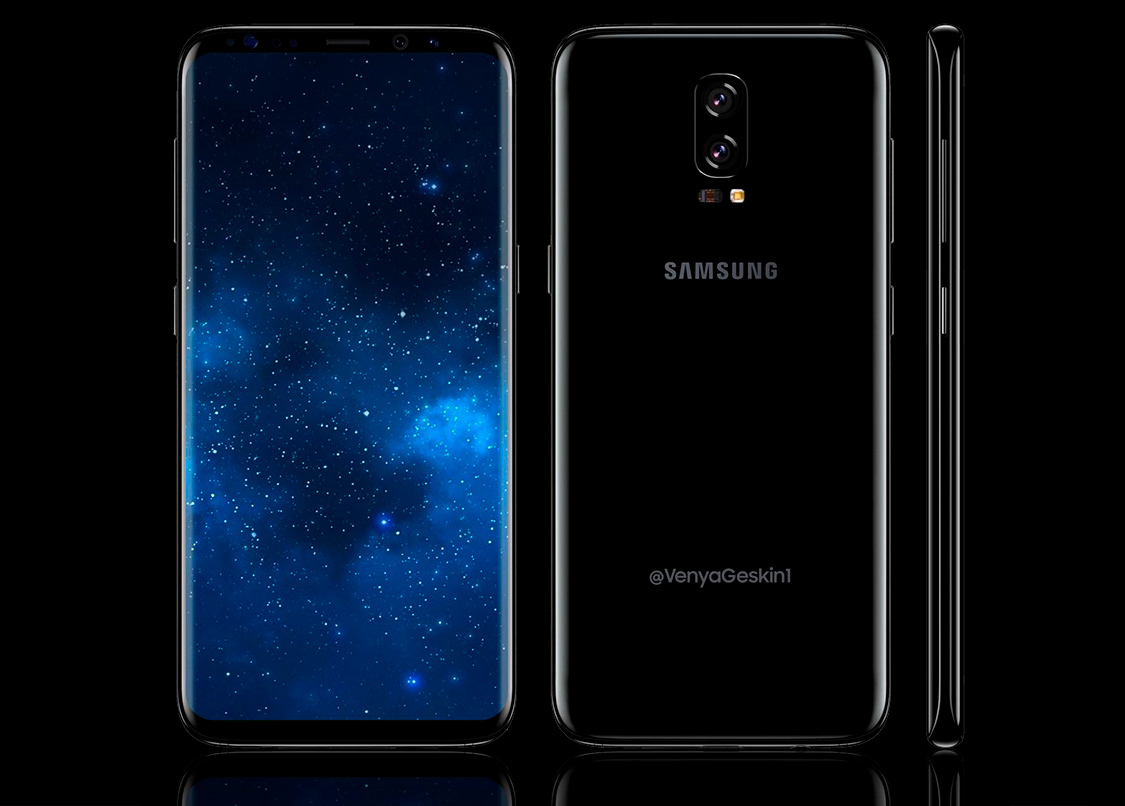
Samsung faces two hurdles with this launch. First, the infamous recall has made the Note a punchline, and the company needs to turn that around by executing its next Note perfectly. The second challenge is timing: The Galaxy Note 8 is heading to market just weeks before Apple takes the wraps off its 10th anniversary iPhone, and the buzz surrounding that device is already deafening.
So what can Samsung do to take on Apple and prove to the world that the Galaxy Note 8 is a must-have? We have some ideas.
Be flawless
Samsung has mostly recovered from the dragging its reputation took last year. The company apologized for the Note 7 debacle and hired independent investigators to figure out why the batteries were exploding. The company then committed to more stringent standards to prevent future disasters, including an eight-point battery safety check for every phone. Though people still joke about the Note 7, no one expects Samsung's future devices to catch fire, especially after the Galaxy S8's smooth launch earlier this year.
Only time will tell if there are any huge issues with the Note 8.
"If Samsung stays core to quality, to great execution and delivery of this product, I think they can definitely go head-to-head with the new iPhone," said Roberta Cozza, research director at Gartner, who analyzes the personal technology industry.
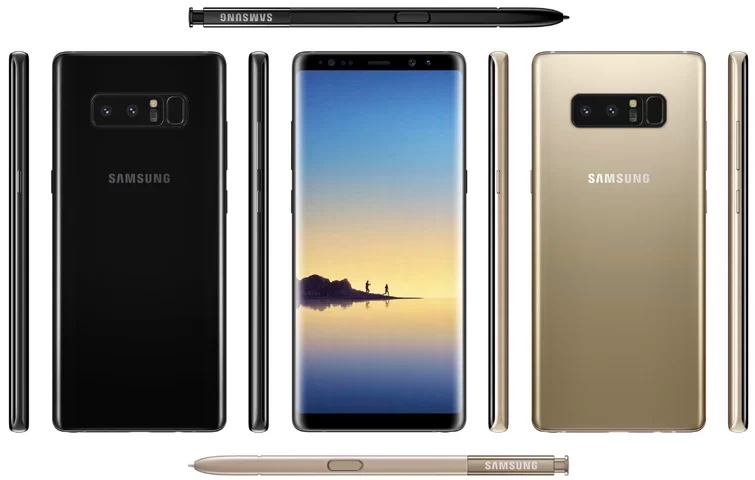
Only time will tell if there are any huge issues with the Note 8. But in addition to delivering a flawless phone, Samsung needs to innovate. The Note lineup is where the company tends to level up with cutting-edge features. The S8 incorporated some of the Note 7's technology, like the iris scanner, and now the Note 8 needs to push it forward.
Sign up to get the BEST of Tom's Guide direct to your inbox.
Get instant access to breaking news, the hottest reviews, great deals and helpful tips.
"Last year, the [Note] 7 really raised the bar as far as what the Note represented as a phone," said Carolina Milanesi, principal analyst for market research firm Creative Strategies. "It was all about the bigger screen, and then the [S] Pen was really a differentiator. Last year, we saw that this was a broader device, and it became the flagship product for Samsung. It was a shame that … they ended up recalling the phone and not actually taking advantage of the broader appeal of the device. This year, that's what they need to build on and make the device a more all-around flagship product.”
Sell the story
The Note 8's long-rumored dual-lens camera would be one example of innovation — sort of. Samsung wouldn't be the first smartphone-maker to incorporate two rear lenses. The Note 8 wouldn't even be the first Android phone to include a dual-lens system, and that technology is already surfacing in budget Android phones such as ZTE's $130 Blade Z Max.
According to a new SurveyMonkey study of 1,000 smartphone owners, 45 percent of people who currently own a Samsung device said they would think about buying a Note 8.
So Samsung needs to be clear about how the Note 8's camera will make a difference. Apple used the iPhone 7 Plus' dual-lens camera with portrait mode to convince people they needed a larger, more expensive phone, Milanesi said. Samsung could do the same.
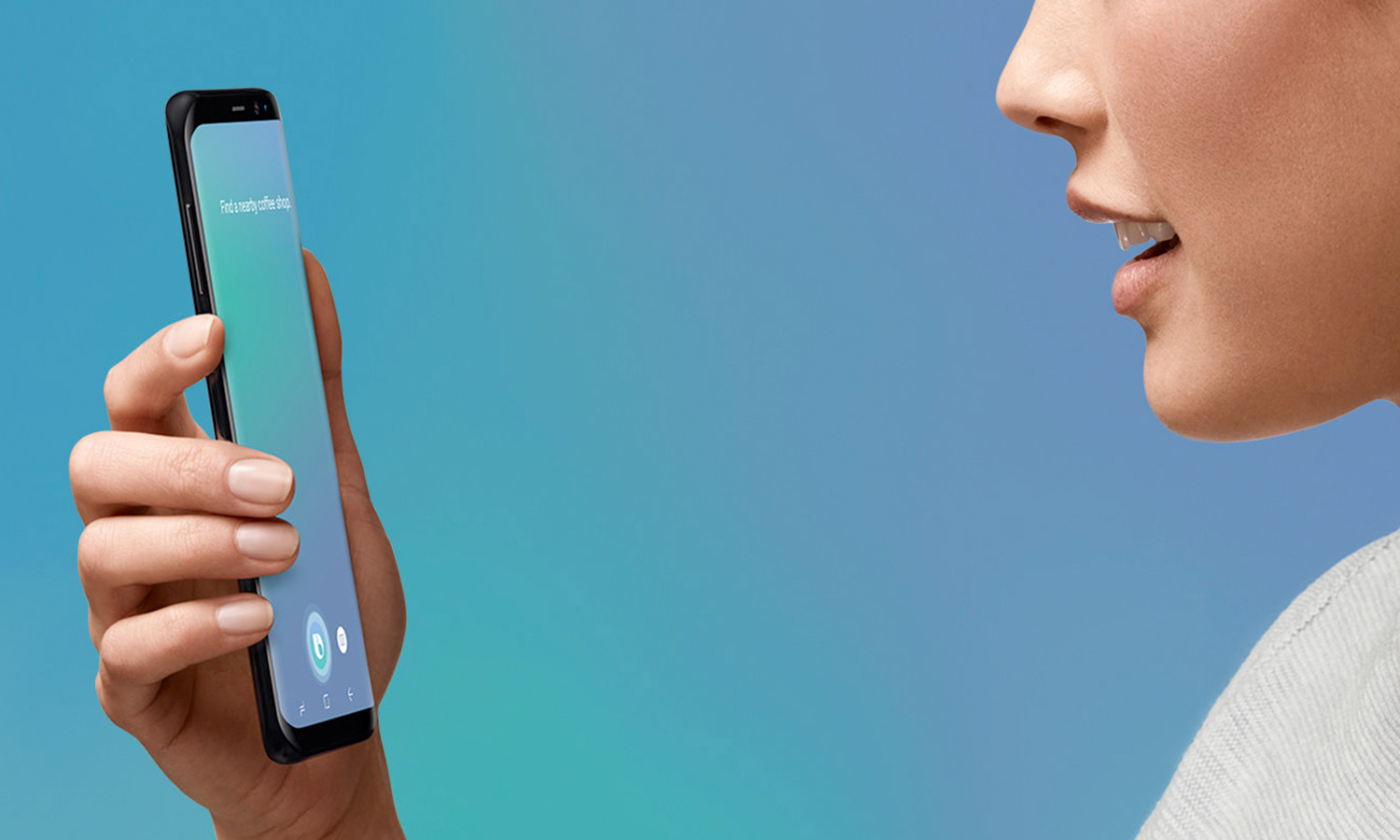
Samsung also needs to improve its personal assistant, Bixby, which stuttered at launch and has failed to impress. Cozza said Samsung needs "to build experiences around their devices" and "articulate the value" of what it's offering. The company obviously knows how to cram every hot new feature into its flagship devices, but illustrating scenarios in which those features would be useful for the average consumer and marketing the hell out of them? Not so much.
Appeal to fans
Because of itssize, price and stylus integration, the Note 8 will be a niche device, analysts say. As such, Samsung's core market for the device is its existing fans and people looking for a larger premium Android phone. The Note 8 is rumored to have a 6.3-inch display.
According to a new SurveyMonkey study of 1,000 smartphone owners, 45 percent of people who currently own a Samsung device said they would think about buying a Note 8. Even people who bought the Note 7 — who might be expected to feel burned by the company (literally or figuratively) — are willing to give the company another chance, as 80 percent still consider the company reliable.
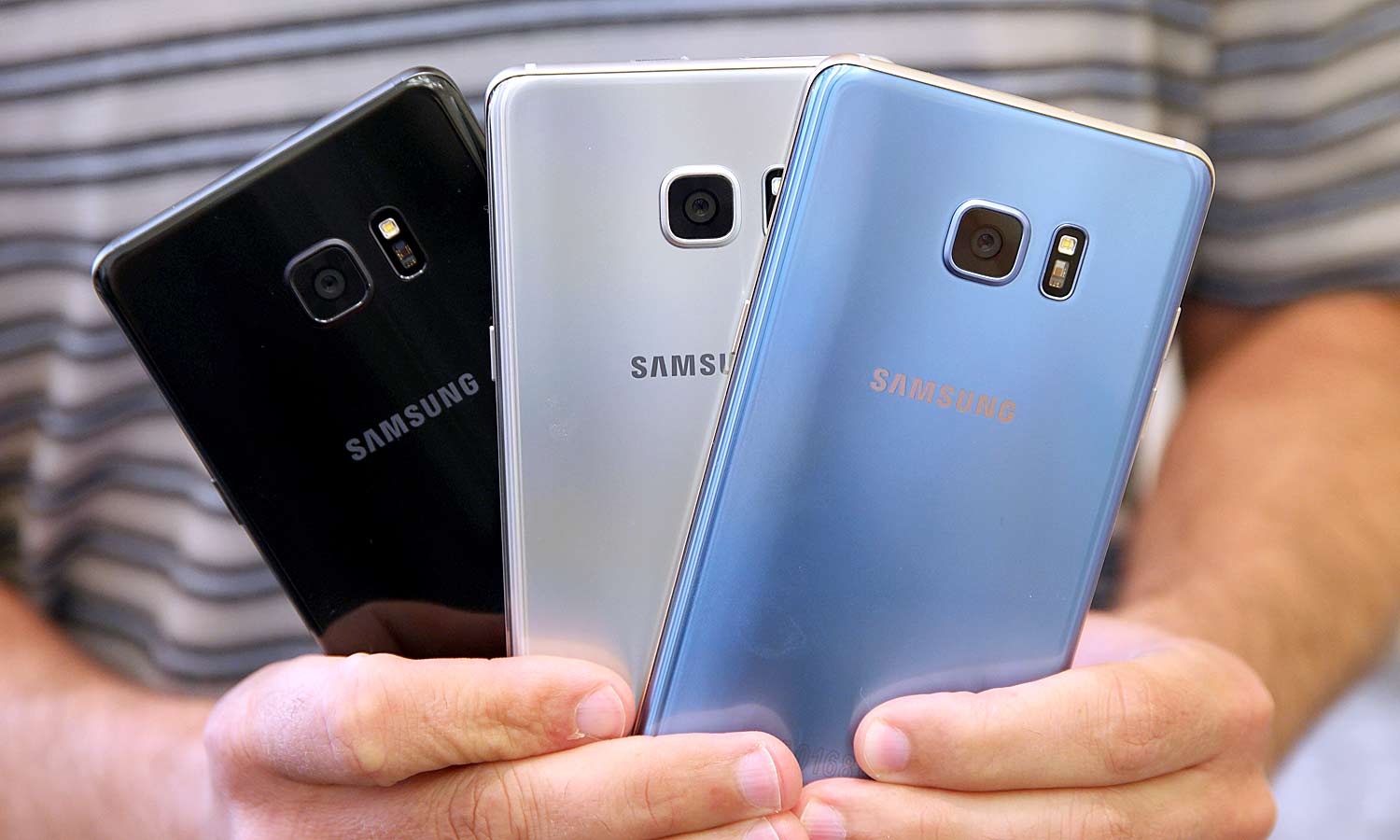
But the Note isn't a "churner device," Milanesi said. In other words, it's not a phone that could convince people to switch operating systems — especially not with the iPhone 8 around the corner.
"It's still going to be hard for Samsung to win over iPhone users," she said. "There are still a lot of jokes about explosions and how hot they [Note 7 phones] get. The Apple core base take advantage quite glibly of instances that Apple competitors are faced with. I see this as more of an opportunity … to put more pressure on [Google's upcoming second-gen] Pixel to come out and raise the bar.”
Google’s Pixel and Pixel XL smartphones offer what most consider a purer version of Android, as close to stock as you can get, but they’re close to a year old and lack many of the hardware and software features Samsung has added to its phones over the last 18 months.
Samsung might not appeal to iPhone users or Android purists with the Galaxy Note 8, but the company could win in other ways by redeeming its Note brand and moving the smartphone industry forward. Your move, Google.
Caitlin is a Senior editor for Gizmodo. She has also worked on Tom's Guide, Macworld, PCWorld and the Las Vegas Review-Journal. When she's not testing out the latest devices, you can find her running around the streets of Los Angeles, putting in morning miles or searching for the best tacos.
-
486DX50 Seems like Milanesi doesn't know much about Note smartphones. Note5 still better than upcoming iPhone 8. Proof? Search "100 reasons Note 5" on YouTube and you'll see why Note5 is still a better choice than an iPhone. Some people just don't realize what Note can do and calling themselves "experts". Shame! Now, when you combine Note5 and Galaxy S8+ in one device and add extra features, it already is a winner, but not for everyone, because most people are too lazy to use features offered by one or another device, so it's just going to be another great device, and Apple fans will stick to their iPhones even if Apple decided to add just one feature, they'll rush to the store and buy it anyway.Reply
